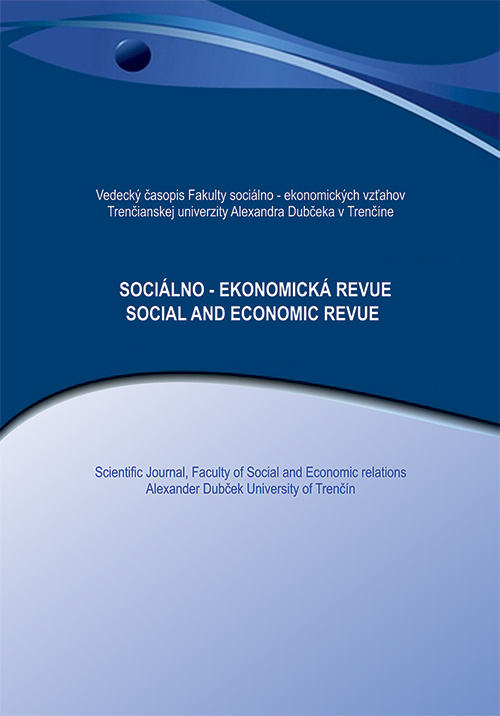IMPLICATIONS OF GLOBALIZATION IN LANGUAGE EDUCATION
Globalisation has become a convincing force dragging nations into the global system. It has led to a mixing of cultures, economies, markets, political systems and technologies among nations. English has become the official language spoken for business, yet to be seen how globalisation can help the effective oral and written communication of students. There are doubts and complaints about the inability students and graduates to effectively engage in oral and written communication. It is therefore useful to look at the gains of globalisation and harness them in favour of improving the oral and written communication of students. In this study, questionnaire forms were administered to randomly chosen students belonging to FSEV out of which 80 were retrieved to examine whether or not globalisation has helped to improve their oral and written communication, identify the challenges they face in their quest to involve in effective oral and written communication and propose solutions that can address these challenges and enhance their communication ability.
Release: 2017/4 Pages: 68-73 JEL classification:
DOI:
Keywords: impact of globalisation, oral communication, written communication, language competence
Section: LANGUAGE COMPETENCES IN HUMAN RESOURCES DEVELOPMENT
Contacts:
PhDr. Miroslav Fašanok, PhD.
Trenčianska univerzita Alexandra Dubčeka v Trenčíne
Fakulta sociálno-ekonomických vzťahov
Študentská 3
Trenčín, 911 50
Slovakia
e-mail: fasanokmiro@gmail.com
Literature:
Crystal, D. (2003) English as a global language. Cambridge University Press. 212 p.
Blockand, D., Cameron D. (2002). Globalization and LanguageTeaching 2002, Routledge 11 New Fetter Lane, London EC4P 4EE. 196 p.
Grenčíková, A., Vojtovič, S., Gullerová, M. (2013). Staff qualification and the quality of tourism-related services in the Nitra region. Bulletin of Geography. Socio-economic Series, (21). doi: 10.2478/bog-2013-0019
Joniaková, Z., Kachaňáková, A., Nachtmannová, O. (2008). Personálny manažment. Bratislava: Iura Edition.
Kordoš, M., Karbach R. (2014). The Issue of Innovation in International Economics. SGEM conference on Political Sciences, Law, Finance, Economics & Tourism (pp.653-661). Albena, Bulgaria: STEF 92 Technology Ltd.
Koubek, J. (2009). Řízení lidských zdrojů. Praha: Management Press.
Krajňáková, E., Vojtovič, S. (2014). Priorities in the Methods and Forms of Higher Education. SGEM conference on psychology & psychiatry, sociology & healthcare education: Conference proceedings volume III, Education & educational research (pp.673-680). Albena, Bulgaria: SGEM.
Maurais, J., Morris, M. A. (2003). Languages in a globalising world. Cambridge: Cambridge University Press. 335 p.
Seidlhofer, B. (2011). Understanding English as a lingua franca. Oxford: Oxford University Press, 463-465.
The ELT Journal Volume 58/1 January 2004 © Oxford University Press 75
Vojtovič, S., Karbach, R. (2014). New Economy and the Development of Creative Industry. Vadyba Journal of Management, 25(2), pp. 139-143


